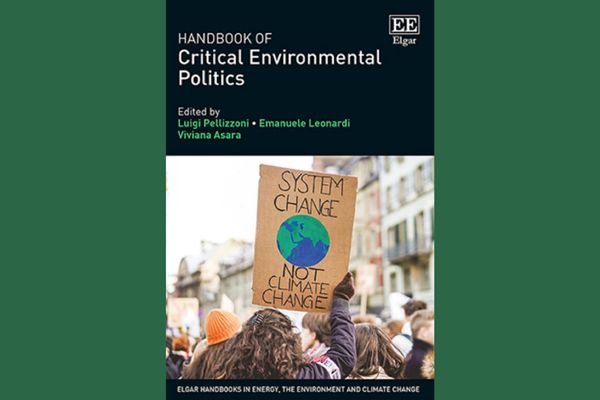Notifications list
Handbook of Critical Environmental Politics - Anthropocene
Published: 26.10.2022.

Marija Brajdić Vuković and Mladen Domazet are the authors of the chapter Anthropocene published in the “Handbook of Critical Environmental Politics“. The Handbook is a part of the series Elgar Handbooks in Energy, the Environment and Climate Change published by Edward Elgar, Cheltenham.
This chapter deals with the concept of Anthropocene, a techno-scientific label proposed by specialists in Earth system sciences, as a technical name for the geological epoch marked by a significant impact of purposeful human activity on Earth’s geology and ecosystems. In environmental politics it is also a conceptual framework within which the constraints and potentials of contemporary natures and societies are observed through the interrelationship between ecology and justice. The simplistic reading of the Anthropocene is one in which humanity’s propensity for broadly understood development (as an instrument of emancipation), resulted in a systemic destabilizing of non-human nature. This, in turn, is now undercutting the attainments of that development and threatening to bring down the whole process. Yet with a multitude of subsistence, control, learning, conflict, contraction and expansion, activities taking place in everyday interactions between over 7 billion humans themselves (with varying consequences for the biosphere: the human and non-human life) a new way of presenting some of that interaction is needed in order to fight to extinguish the destructive and unjust interactions while amplifying those that are regenerative and emancipative. The hegemonic conception of development is unable to articulate a globally just and sustainable universal format of these interactions, differentiating between the political and economic obstinacy to deviate from a destructive path and the existing instances of climate-restorative livelihoods.
More at the link.
